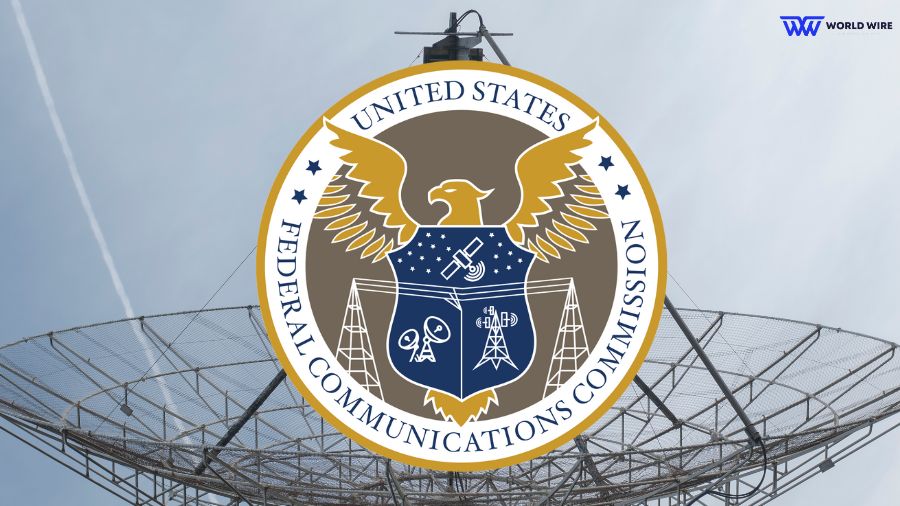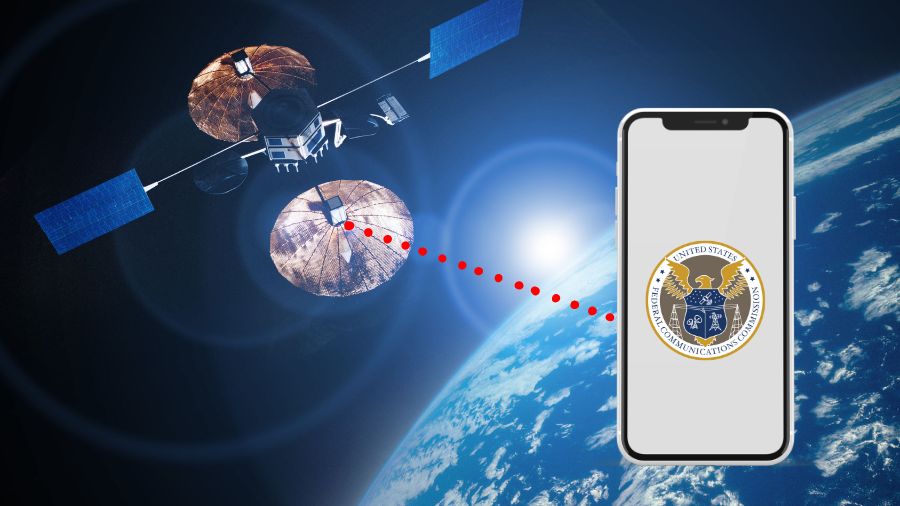Commissioners for the Federal Communications Commission (FCC) unanimously approved new regulations that will make it easier for commercial wireless carriers to collaborate with satellite businesses to offer supplemental coverage from space (SCS) services, which might close coverage gaps for consumers when they’re outside.
The Federal Communications Commission unanimously approved the Supplemental Coverage from Space (SCS) regulatory framework on March 14th.
Approved by U.S. regulators, SpaceX and other satellite operators will be able to maintain smartphone connectivity outside cell tower coverage by utilizing radio waves from terrestrial mobile partners.
With conventional frequencies already authorized for use from space, SCS providers would function as supplementary services to businesses offering Mobile Satellite Services (MSS).
This implies that if an SCS operator interferes with a terrestrial telco with primary rights or an MSS provider, it must cease operations immediately.
Although it will be based on the draft that the FCC published last month, the final version of the framework has yet to be made public.
Following publication in the Federal Register and the legally mandated Office of Management and Budget (OMB) review, it might take several weeks for the framework to become operational.
The FCC also adopted a Notice of Proposed Rulemaking to address several other issues, such as protections for radio astronomy and the requirement that 911 calls and texts be forwarded to an emergency contact center or public safety answering point using location-based routing.
This rulemaking would have a public comment period.
An FCC press release states that “the rules also establish, on an interim basis, a requirement that terrestrial providers must route all SCS 911 calls to a Public Safety Answering Point using either location-based routing or an emergency call center.”
It added, “The Commission also adopted a Further Notice of Proposed Rulemaking to seek further comment on this and other critical public-safety issues to ensure these services adequately meet consumers’ needs and expectations for critical services.”
FCC Chairwoman Jessica Rosenworcel stressed the importance of SCS or satellite-direct-to-phone technology. According to many industry experts, this technology enables users to maintain LTE or 5G communications when they are not connected to a carrier’s terrestrial network by gaining access to a satellite, which is like having a cell tower in space.

FCC head Jessica Rosenworcel stated, “We are the first country to adopt a framework that combines satellite and wireless service through supplemental coverage from space,”
Rosenworcel added, “We do this because the convergence can accomplish more than either network can do on its own. Together, they can end dead zones. Together, it means that—when disaster strikes and destroys ground-based systems—we’re going to have a backup in space.”
She also mentioned that other nations are keenly observing the United States to inform their own regulations permitting satellites to utilize terrestrial partners’ spectrum to fill in connectivity gaps across the nation.
Charles Miller, CEO of Lynk Global, remarked, “This is a good news story that highlights America’s continued role in developing and delivering technology that makes a difference in the lives of people around the world. We believe sat2phone technology has the potential to help pull the next billion people out of poverty by extending affordable access to mobile connectivity around the globe.”
SCS capability has become one of the most talked-about topics in recent years.
Users and industry analysts have pointed out that SCS capability could greatly increase the reliability of LTE and 5G devices in mission-critical and business-critical scenarios.
They have also highlighted the potential for expanded outdoor coverage and redundant satellite connectivity.
Moreover, many industry analysts think the economics of the LEO-based services could be more sustainably profitable than those of the earlier satellite services due to the business models adopted by AST SpaceMobile, Lynk, and SpaceX—partnering with commercial wireless carriers rather than competing against them.







Add Comment